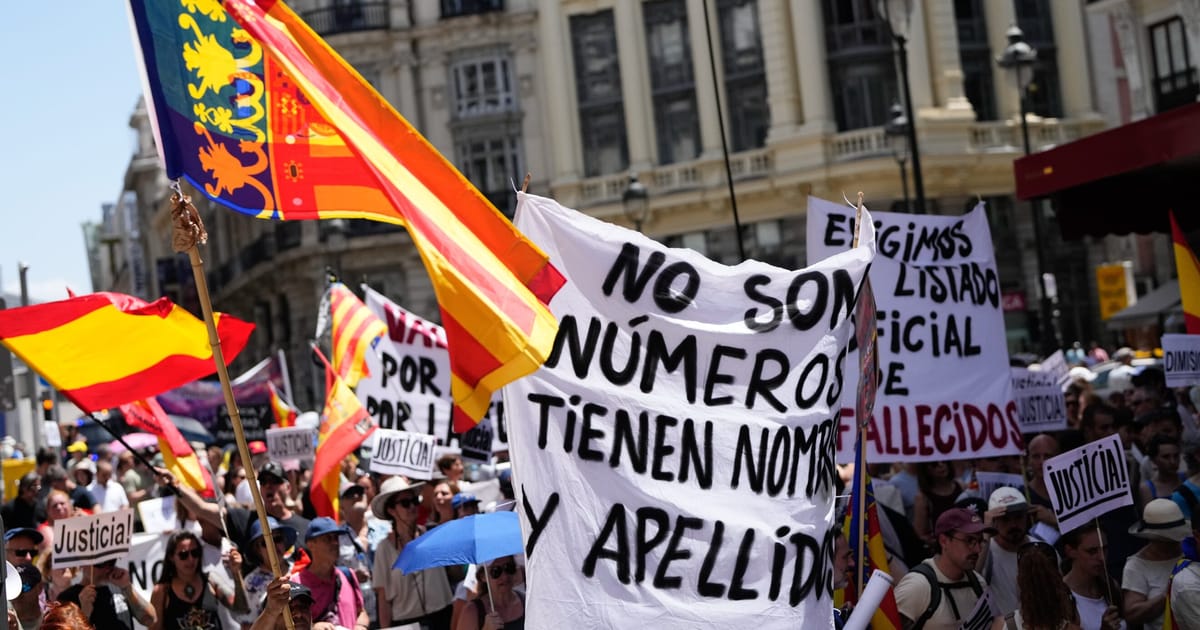

In the realm of global affairs, recent events showcase a medley of significant decisions and ongoing dialogues that reverberate across continents, touching on political, legal, and humanitarian issues. A series of pivotal narratives have emerged, each carrying its implications and reflections on broader geopolitical landscapes.
In Spain, a noteworthy conclusion has unfolded in a legal matter concerning Prime Minister Pedro Sánchez. The Supreme Court has ruled that neither Sánchez nor European Commission Vice President Teresa Ribera bear responsibility for the floods that swept through Valencia. This decision has relieved these key figures of any accountability, allowing them to focus on broader political and environmental agendas without the encumbrance of legal challenges from this incident.
In a matter closely tied to European cooperation and strategy, eighteen nations within the European Union have collectively reached out to Brussels, proposing nearly €130 billion for defense measures. This financial commitment marks a decisive step towards strengthening collective defense mechanisms across the continent. EU member countries have demonstrated a united front in their determination to enhance security and defense, acknowledging the importance of mutual support and collaboration within the union. Latecomers to this initiative are welcome, highlighting an inclusive approach to regional security.
Meanwhile, in the corridors of the European Union, internal discussions reflect urgent international concerns. Teresa Ribera, a prominent voice in the European Commission, has advocated for President Ursula von der Leyen to take further action in response to the ongoing situation in Gaza and Israel. Ribera’s call to action resonates with a broader appeal for the EU to adopt a proactive stance on Middle Eastern issues, emphasizing that history will judge their responses to such crises. The plea underscores a desire for a balanced approach that seeks peace and resolution in traditionally volatile regions.
In an extension of European diplomatic efforts, France has revisited the topic of Palestinian statehood with renewed vigor. French authorities have called for wider recognition of Palestine, urging other countries to embrace this change in status. This push aligns with similar sentiments expressed by France’s allies. France’s actions have invoked varied international reactions, notably sparking discontent from Israel and the United States, while also inspiring solidarity among other nations wishing to promote global recognition of Palestinian autonomy.
Furthermore, the declaration known as the “New York Call,” spearheaded by French Foreign Minister Jean-Noël Barrot, reflects emerging unity among nations regarding Palestinian statehood. Co-signed by a coalition of 14 countries, this document suggests a promising horizon for future recognitions, potentially involving countries like Canada, Australia, and New Zealand. This initiative represents a wave of diplomatic support that could alter the geopolitical dynamics concerning the Israeli-Palestinian conflict, offering hope for a constructive dialogue and peace.
These interconnected threads of legal, diplomatic, and strategic dialogues paint a compelling tableau of current global affairs. From Europe’s judicial clarifications to the proactive measures and calls for action on the international stage, each decision contributes profoundly to shaping the evolving face of international politics. As nations deliberate and collaborate, the outcomes of these discussions will continue to guide the paths of international relations and collective global progress.
Source: {link}
